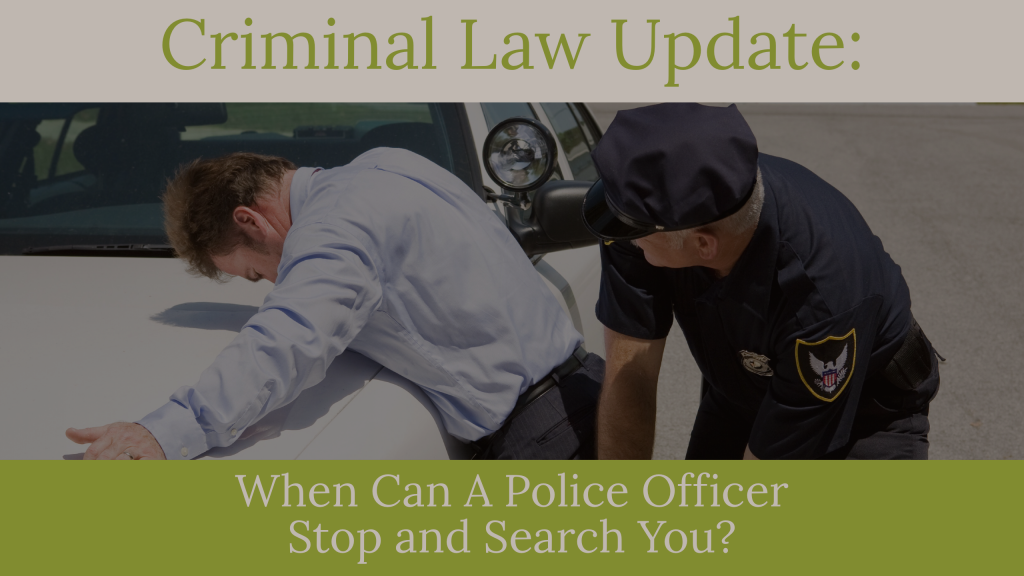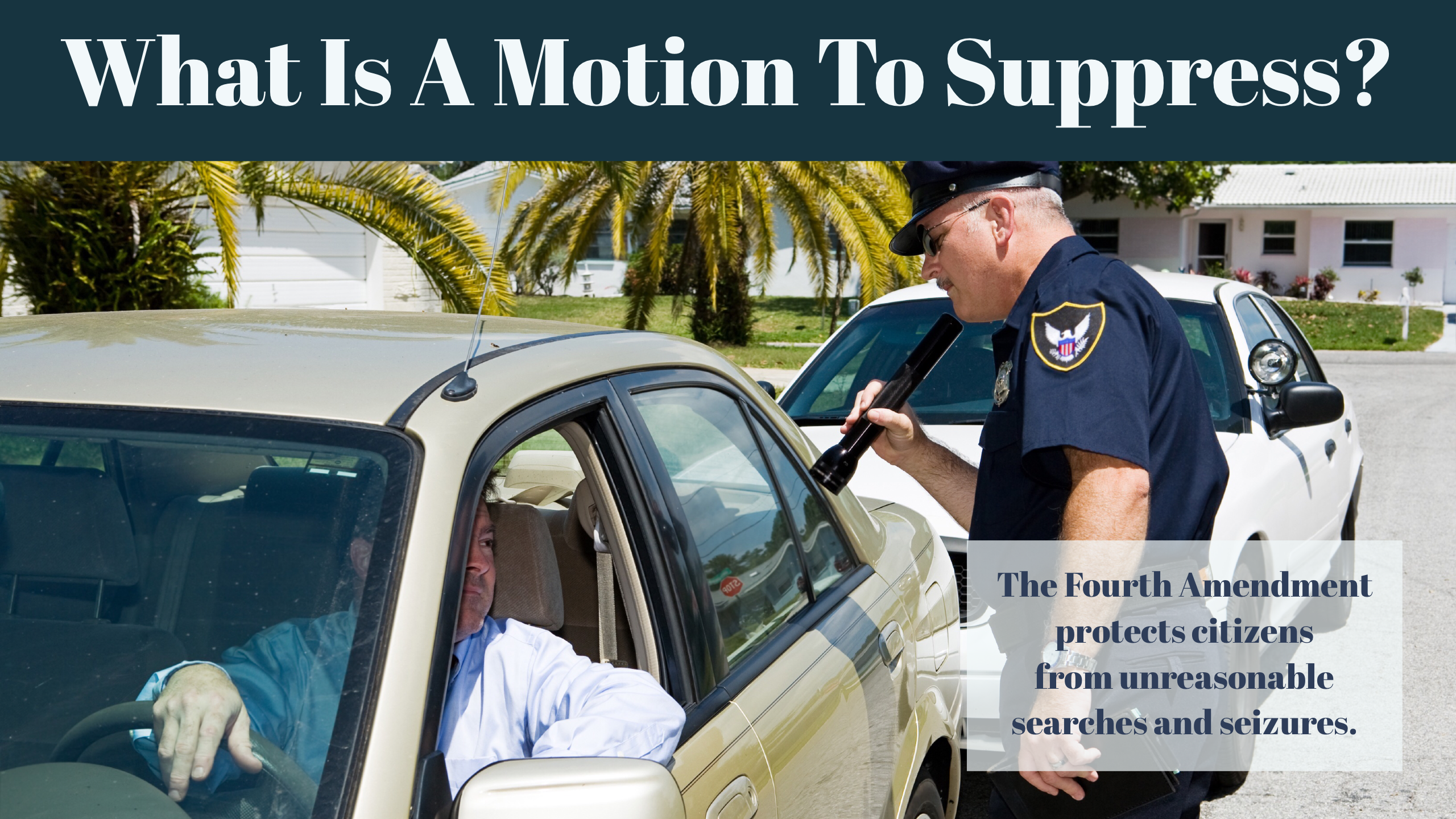In a murder case south of Jacksonville, Florida, the police identified a suspect and learned that he had multiple cell phones. They tried to use this cell phone information to determine the location of the defendant at the time of the murder. When people use their cell phones, the phones communicate with a tower. Cell phone companies record this cell site location information on a mapping program that shows the locations of those towers. If the police are able to obtain this cell site information from cell phone companies, they can determine an approximate location of a person at a certain time based on cell phone usage. In this murder case, the police did obtain this cell phone information from the cell phone provider without a search warrant, and discovered that the suspect was near the site of the murder at the time. With this information and other evidence, the defendant was arrested for murder.
The criminal defense attorney filed a motion to suppress the cell site information because the police did not obtain a search warrant to get it. In 2018, the Supreme Court of the United States addressed this issue and ruled that this historical cell site information is protected by the Fourth Amendment right to privacy. In other words, the police cannot just obtain this information without probable cause and a search warrant. Because they did so, the murder case was reversed. That opinion noted that cell phone providers maintain this information on all cell phone users. If the police did not need a search warrant to obtain this information, the police would basically be permitted to run location surveillance on just about everyone with a simple request. People increasingly rely on portable electronic devices for work and many other aspects of life. Doing so and the fact that providers of these devices record information about the user does not mean the user relinquishes his/her private data to the government without oversight.
 Jacksonville Criminal Lawyer Blog
Jacksonville Criminal Lawyer Blog



